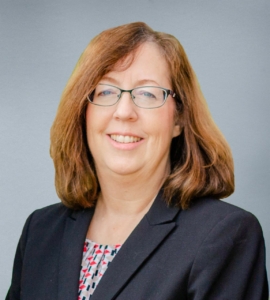 By Rose Oswald Poels
By Rose Oswald Poels
Monday, February 21 marked the beginning of Wisconsin Saves Week. Proclaimed by Wisconsin State Treasurer Sarah Godlewski, the event occurs as part of the national America Saves Week and encourages Americans to establish financial responsibility and achieve stability through setting and achieving savings goals.
In countless ways, bankers already provide exceptional avenues for Wisconsinites looking to achieve financial wellness through daily activities. That is why I encourage each of you to raise awareness of the America Saves pledge. Tips, resources, and tools provided by America Saves following the completion of the pledge will help keep individuals on track to achieve their savings goals.
Each day of Wisconsin Saves Week, co-led by several Wisconsin organizations including the Wisconsin Bankers Association (WBA), centers on one of five critical areas of financial wellness to build financial resilience. The daily topics are as follows: Monday, February 21: Save Automatically; Tuesday, February 22: Save for the Unexpected; Wednesday, February 23: Save for Retirement; Thursday, February 24: Save by Reducing Debt; and Friday, February 25: Save as a Family.
In addition to promoting saving habits to Wisconsin communities, the Wisconsin Saves Automatic Saving Initiative, which launched in May of last year, will assist you in encouraging your employees to save automatically and establish emergency savings accounts — a necessity underscored by the COVID-19 pandemic. Your bank can sign up as an employer participant, and you can encourage your business customers to do the same. WBA is one of nearly 100 Wisconsin employers that has signed up to enable staff to automatically designate part of their payroll to go into a separate savings account. By signing up, Wisconsin businesses offer split deposit as an additional employee benefit, which can help to recruit and retain talent in the current competitive job market.
As always, sharing these resources with your employees, customers, families, and friends to create a better financial future for everyone is critical. We cannot predict the unexpected, but we can — and do — help others financially prepare for it.
